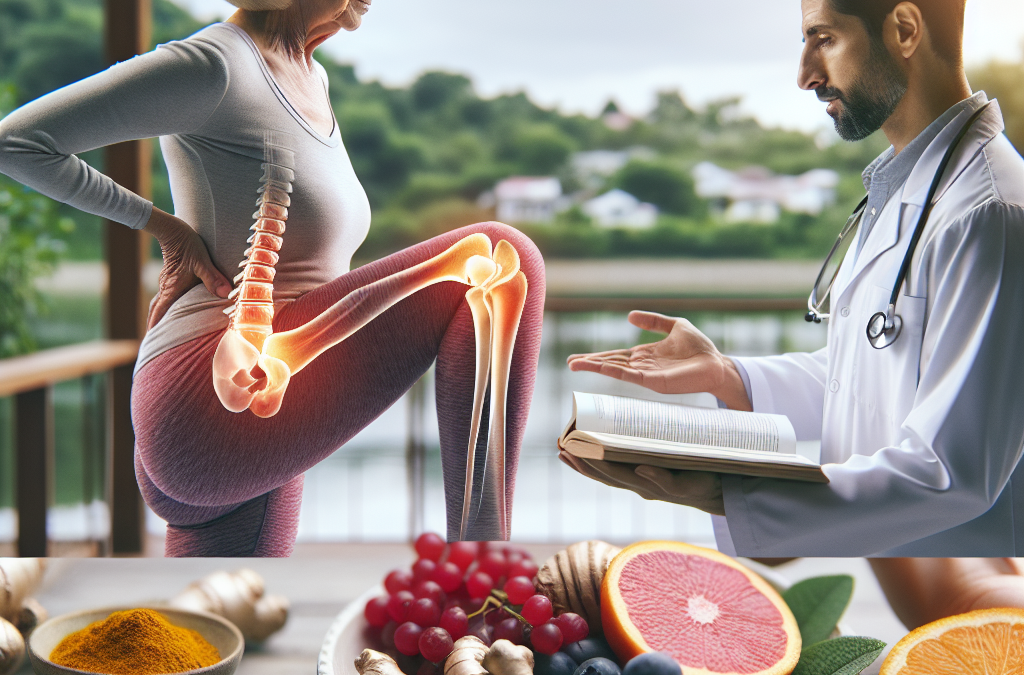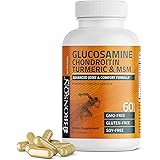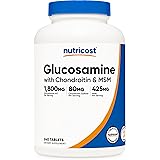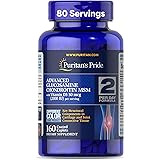Stay Active with Gentle Exercises
Benefits of Low-Impact Workouts
Let me tell you, keeping your body moving is one of the best ways to manage hip pain. Low-impact exercises like swimming or cycling can relieve tension without overstraining your joints. These activities are super easy on your hips, so you can find that sweet spot where you’re getting a workout without feeling like you’re punishing yourself.
I’ve found that just 30 minutes of movement a few times a week can make a significant difference. You don’t need to be a gym rat or anything; even a brisk walk around the block can be surprisingly effective.
So, grab a buddy or listen to a podcast while you move! Staying active can boost your mood too, creating a nice little cycle of benefiting both your body and your mind.
Stretching: The Key to Flexibility
I can’t stress enough how important stretching is. Regular stretching helps maintain flexibility in the hip joints. I found that doing hip flexor stretches and quad stretches helped alleviate a lot of my discomfort.
It’s not just about easing the pain; it’s also about preventing it. When you stretch consistently, you’re not only loosening up those tight muscles around your hips but also enhancing your overall mobility for everyday activities.
Make a habit of stretching daily, even if it’s just a few minutes here and there. Trust me, your body will thank you for it in the long run.
Strengthening Muscles Around the Hip
Strength training might sound intimidating, but hear me out. Building strength around your hip joints can provide better support, which often leads to reduced pain. I started with basic exercises like leg lifts and side lunges, and boy, did I notice a difference.
The Best Joint Support (Naturally) Starts with Organic Nutritional Support!
Get 40% Off Here ...
Even bodyweight exercises can be incredibly effective. It’s all about finding what works for you and gradually increasing the intensity. Remember, slow and steady wins the race!
Incorporate these exercises into your routine a few times a week, and over time, you could really build up those supportive muscles.
Try Out Physical Therapy
Finding the Right Therapist
If you’re struggling, consider chatting with a physical therapist. Getting professional help was a game-changer for me. They assess your specific situation and create a custom plan tailored to your needs.
A good therapist can provide exercises that you might not have thought of. Plus, they can teach you proper techniques to avoid putting extra strain on your hips during daily activities.
Make sure to ask around or search for reviews to find someone you vibe with. Remember, it’s all about what works for you!
Hands-On Techniques
One of the coolest things I learned in physical therapy was about manual therapy. The therapists use various hands-on techniques to relieve pain and increase mobility. It was super helpful for targeting specific areas and improving my overall joint function.
They can show you ways to ease tight spots and increase circulation in the area. It was like getting a massage catered specifically for my pain! If you give it a shot, you might be surprised at the relief it can provide.
Try some sessions to see if life feels a bit easier afterward. Just remember, consistency is key.
Home Exercise Programs
In conjunction with physical therapy, home exercises are often recommended. Initially, I was skeptical about working out solo, but it turned out to be invaluable for my recovery.
There are countless online resources and videos that guide you through effective routines you can do at home. I’d suggest sticking to gentle movements that emphasize hip mobility and stability.
By incorporating these home exercises into my daily routine, I found I could continue improving without the pressure of a gym environment.
Maintain a Healthy Weight
The Weight Connection
For me, maintaining a healthy weight has been crucial in managing hip pain. Extra weight can put added stress on your joints, so keeping my weight in check helped to relieve some of that pressure.
It’s not just about looking good; it’s about feeling good too! Losing a few extra pounds can ease your joints, and when your hips are happy, you’re happy.
I suggest being mindful of your eating habits. With a few healthier options in the mix, you’ll inch closer to feeling lighter on your feet.
Nutrition That Supports Joint Health
What goes into your body truly makes a difference. Incorporating foods high in omega-3 fatty acids, like fish and nuts, can help reduce inflammation. I noticed a significant difference in my hip joint pain when I added more healthy fats to my diet.
Plus, staying hydrated is key! Dehydration can affect joint lubrication, and nobody wants that. Aim for plenty of water throughout the day.
Creating a balanced diet takes time and a little planning but remember, it’s about progress, not perfection.
Regular Check-Ins with Healthcare Providers
Sometimes we forget to keep up with our healthcare visits, but they can play a big role in joint health. Checking in with your doctor regularly helps to pinpoint any weight-related issues before they turn into bigger problems.
During these visits, talk about your pain levels and any lifestyle changes you’re trying. They can offer advice and potential medication options if necessary.
Regular check-ins can provide a comprehensive approach to your joint health, ensuring that all bases are covered.
Incorporate Natural Remedies
Heat and Cold Therapy
Let me tell you, sometimes a simple hot or cold pack can do wonders. I was amazed at how alternating between ice and heat would relieve my hip pain effectively.
Heat can help soothe stiff muscles and relax tightness, while cold therapy can minimize swelling and numb sharp pain. I’ve found that applying a hot water bottle while I lounge on the couch feels like pure bliss.
Play around with both methods to see which one your body responds to best. It’s super easy to do at home and can be a quick fix to get you back on your feet!
Herbal Supplements
While I’ve never been a huge supplement person, I’ve dabbled in natural herbal remedies. Certain supplements, like turmeric or ginger, are known for their anti-inflammatory properties. I can’t say they’re a miracle cure, but they’ve helped me feel a bit better during flare-ups.
However, it’s essential to consult your doctor before starting any new supplements. They can help you ensure there are no interactions with medications you might already be taking.
Finding a natural remedy that works for you can take some trial and error, but it’s worth exploring to see if you can benefit.
Mindfulness and Stress Management
Don’t underestimate the power of your mind. Stress can exacerbate physical pain, and I’ve found that practicing mindfulness and relaxation techniques has drastically helped in managing my hip pain.
Yoga and meditation are great places to start. These practices focus not only on the body but also on the mind, helping you find a balance that promotes overall well-being.
Whenever I spend even just 10-15 minutes being mindful, I notice my body feels a bit lighter afterward. It’s all about creating that mental space where healing can truly happen.
Frequently Asked Questions
1. What are the best exercises for hip joint pain?
Low-impact exercises like swimming, cycling, and walking can be great for relieving hip joint pain. Incorporating gentle stretches and strength training can also provide relief and improve mobility.
2. How can physical therapy help with hip pain?
Physical therapy works by assessing your specific needs and creating a tailored plan to improve your hip function. Manual therapy and targeted exercise can significantly relieve pain and enhance mobility.
3. Can diet affect hip joint pain?
Absolutely! A balanced diet, particularly one rich in omega-3 fatty acids and anti-inflammatory foods, can help reduce inflammation and support joint health.
4. What natural remedies should I consider for hip pain?
Natural remedies like heat and cold therapy, herbal supplements like turmeric, and mindfulness techniques can be very effective in managing hip pain.
5. How important is weight management in dealing with hip pain?
Maintaining a healthy weight is crucial because excess weight can place added stress on your hips. Even a small reduction in weight can alleviate pressure and lead to significant improvements in pain levels.
Related Content
- 10 Effective Tips for Muscle and Bone Health in 2025: The Ultimate Guide
- Best practices for joint health during sports
- The Ultimate Guide to Effective joint care with hyaluronic acid (2025 Tips & Strategies)
- Topical Treatments for Quick Joint Relief
- Top 10 Effective Glucosamine Chondroitin MSM Strategies for 2025
Nature's Way Joint Movement Glucosamine Fast Absorbing Liquid, Ultra Strength, Supports Healthy Bones*, Liquid Glucosamine Chondroitin, MSM with Vitamin D3, Berry Flavored, 16 Fl Oz
Now retrieving the price.
(as of January 13, 2026 14:56 GMT +00:00 - More infoProduct prices and availability are accurate as of the date/time indicated and are subject to change. Any price and availability information displayed on [relevant Amazon Site(s), as applicable] at the time of purchase will apply to the purchase of this product.)












